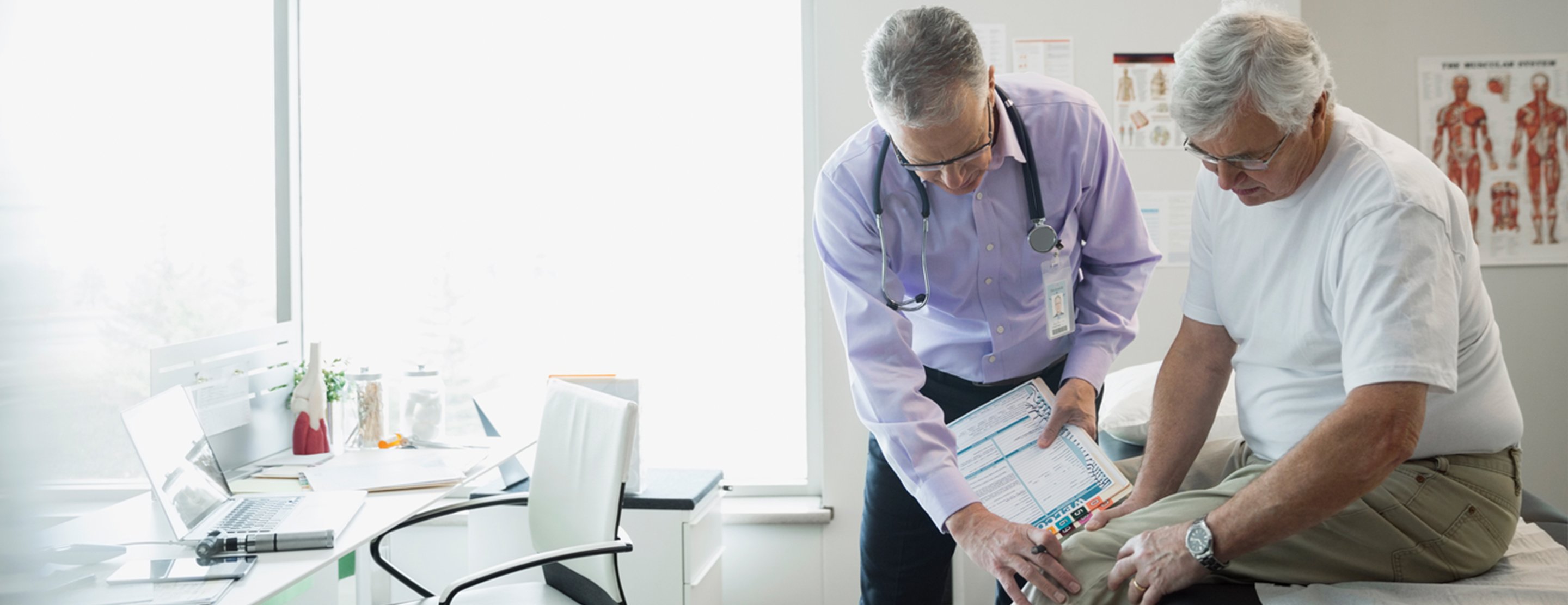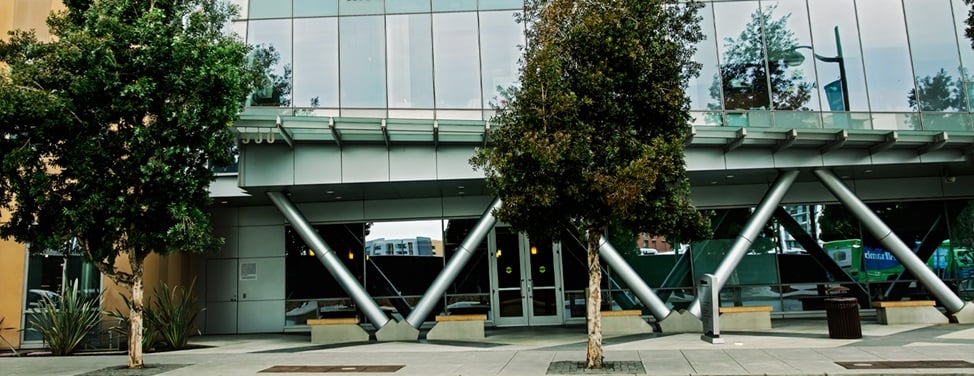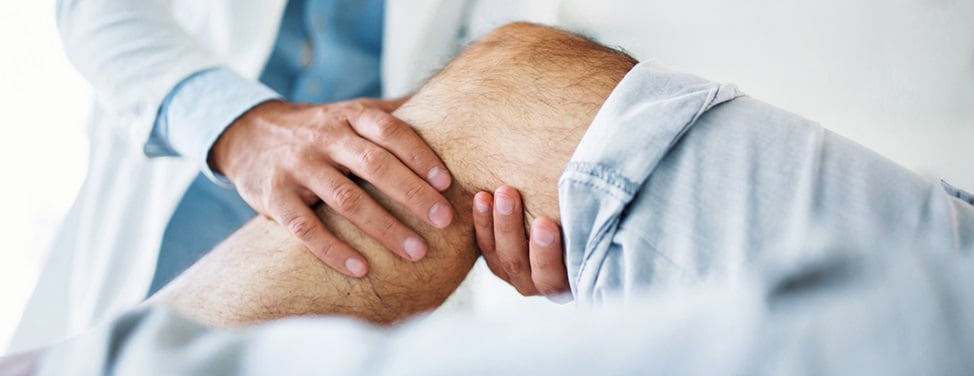
Preparing for ACL Surgery
The decisions you make and the actions you take before your surgery can be every bit as important as the procedure itself in ensuring a healthy recovery.
Prepare — Before you go in for surgery, make sure you understand the potential risks and benefits of the surgery. Ask your surgeon any questions you have about the procedure. Talking with someone who has previous undergone the surgery can be helpful.
Talk to your surgeon — Tell your surgeon about any health problems, such as a fever or infection, and about all the medications you are taking.
Follow instructions — You may be instructed not to eat or drink after midnight on the night before your surgery. This will reduce the risk of vomiting while under general anesthesia.
Arrange transportation — You most likely will return home a few hours after surgery. You'll need someone to drive you home since the anesthetic and pain medications will make you drowsy.
Practice with crutches — Since you may need crutches after surgery, practice using them before the surgery.
Dress comfortably — Wear loose pants or other clothing that will fit comfortably over your knee bandage when you leave the hospital.
Relax — Keeping a good frame of mind can help ease any anxiety you have about undergoing surgery. Distractions such as reading, watching television, chatting with visitors or talking on the telephone also can help.
UCSF Health medical specialists have reviewed this information. It is for educational purposes only and is not intended to replace the advice of your doctor or other health care provider. We encourage you to discuss any questions or concerns you may have with your provider.











